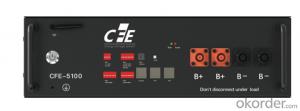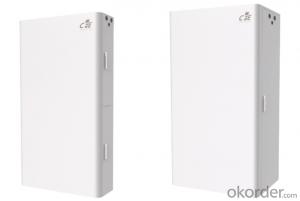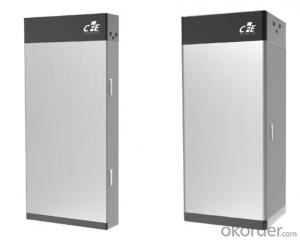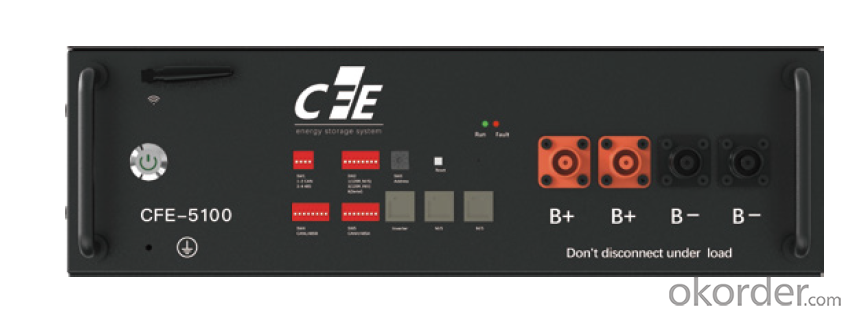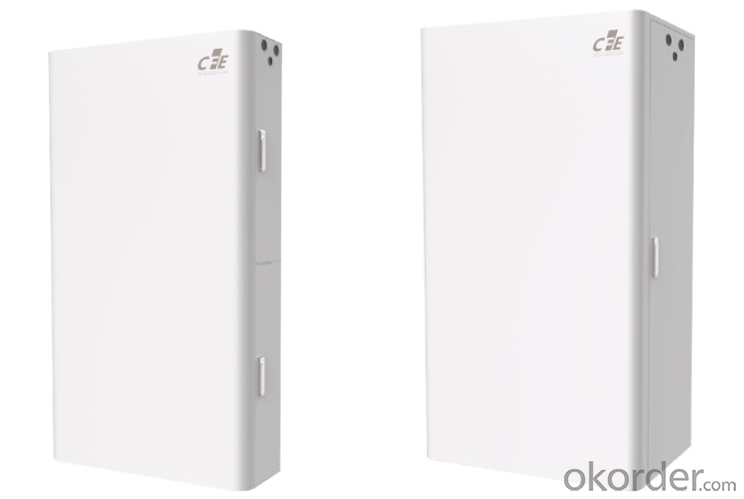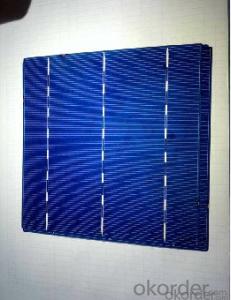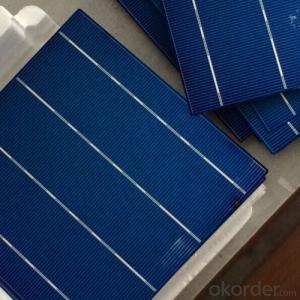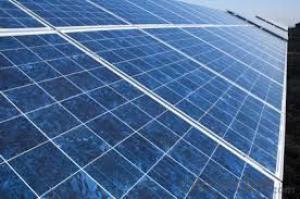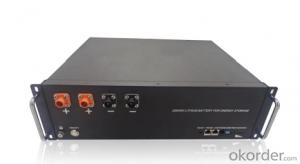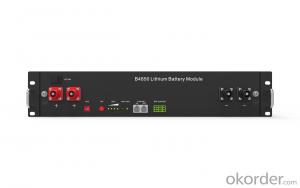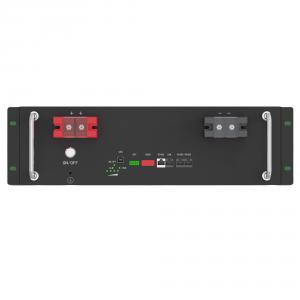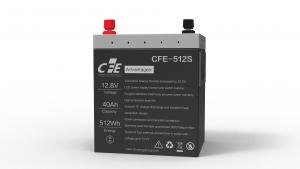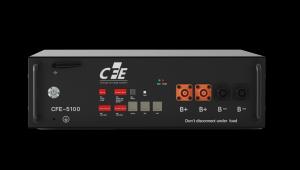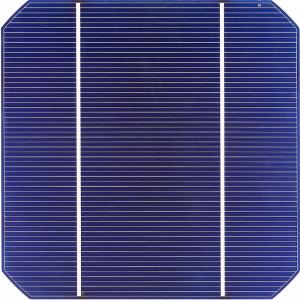Ztj Solar Cells CNBM-ESS Lithium Storage Battery 5.12kWH
- Loading Port:
- China main port
- Payment Terms:
- TT OR LC
- Min Order Qty:
- 10 set
- Supply Capability:
- 10000000 set/month
OKorder Service Pledge
OKorder Financial Service
You Might Also Like
Specification
CFE is committed to the R&D and production of
Residential ESS, actively respond to customer needs,
and provide customers with professional, skill leading
system integration and service solutions through
technological innovation and industry chain resource
integration. CFE Residential ESS can be combined with
photovoltaic and other power generation systems to
improve power supply quality and provide power
supply guarantee for users all day; through valley time
charging and peak time discharge, it can reduce
household power consumption expenses of users, and
at the same time, it can obtain economic benefits by
selling power to the grid.
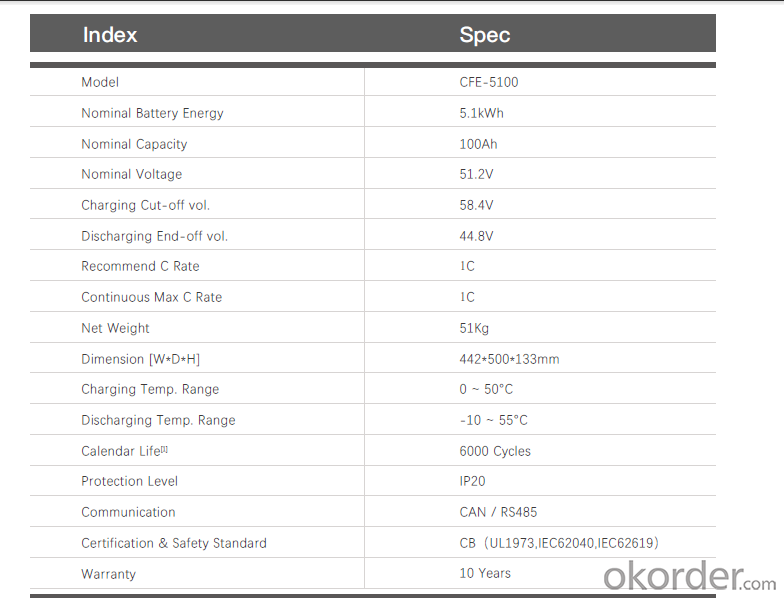
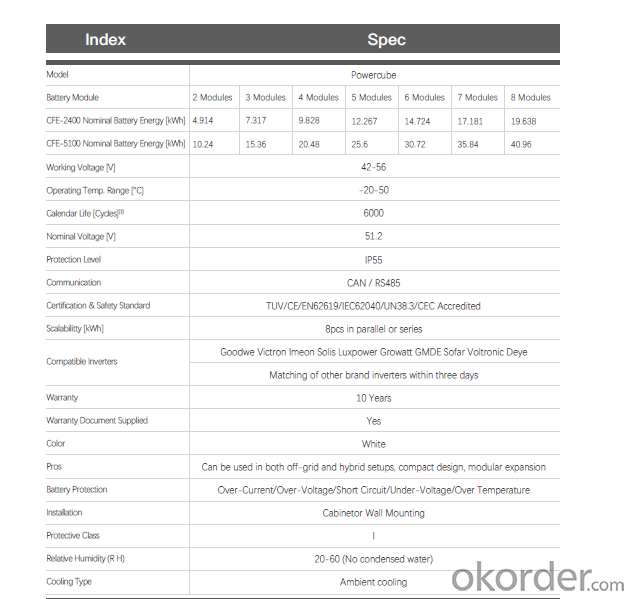
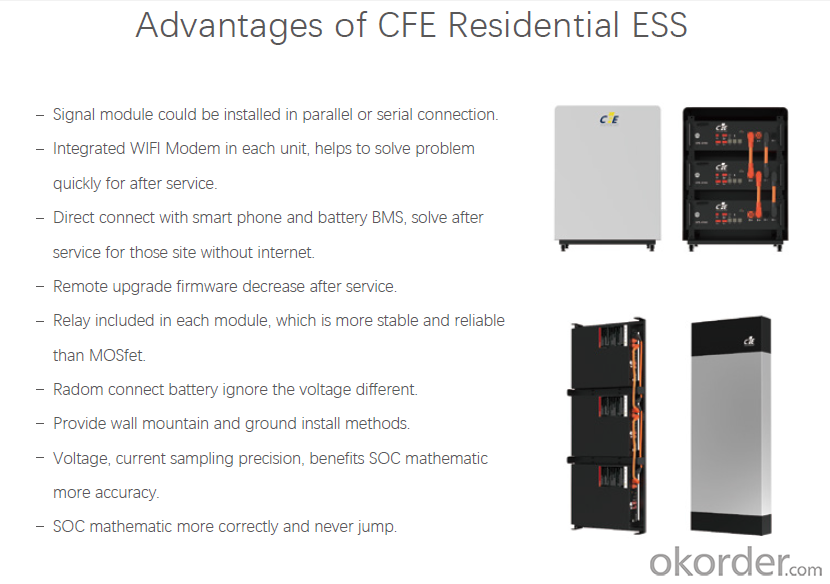
- Q: What is the impact of solar cells on reducing energy waste?
- Solar cells have a significant impact on reducing energy waste by harnessing the sun's energy and converting it into electricity. By utilizing renewable and clean energy sources, solar cells contribute to reducing the dependence on fossil fuels, which are finite and contribute to environmental pollution. Additionally, solar cells help decrease energy waste by generating electricity at the point of use, minimizing transmission and distribution losses.
- Q: What is a monocrystalline solar cell?
- A monocrystalline solar cell is a type of solar cell made from a single crystal structure, typically of silicon. It is known for its high efficiency in converting sunlight into electricity due to its uniform crystal lattice structure, which allows for better electron flow. Monocrystalline solar cells are widely used in photovoltaic systems due to their excellent performance and durability.
- Q: What is the role of combiners in solar cell systems?
- The role of combiners in solar cell systems is to combine the electrical outputs from multiple solar panels into a single output, increasing the overall power output of the system.
- Q: What is the maximum voltage output of a solar cell?
- The maximum voltage output of a solar cell can vary depending on various factors such as the type and design of the solar cell, as well as the intensity of sunlight. However, for a typical silicon solar cell, the maximum voltage output is usually around 0.5 to 0.6 volts.
- Q: What is the cost of producing a solar cell?
- The cost of producing a solar cell can vary depending on various factors such as the type and size of the cell, manufacturing technology, materials used, and economies of scale. On average, the cost ranges from $0.15 to $0.40 per watt for the production of a standard crystalline silicon solar cell. However, with advancements in technology and increasing global demand, the cost has been steadily decreasing over the years.
- Q: Which one is better on the solar cells panel? The Monocrystal Solar Energy Cell or photovoltaic cell?
- Since most of people I know, the function of the solar cell is for some home-based lighting and watching TV, it doesn't really matters if it is Single crystal silicon or polycrystalline silicon solar energy cell.
- Q: Can solar cells be used to charge electric vehicles?
- Yes, solar cells can be used to charge electric vehicles. Solar panels can convert sunlight into electricity, which can then be used to charge the batteries of electric vehicles. This process, known as solar charging or solar-powered charging, is an environmentally friendly and sustainable way to power electric vehicles.
- Q: How about the solar cell 156mm Mono-Crystalline?
- The detailed measurement of the mono solar cell is Format: 156mm*156mm±0.5mm and Thickness: 200μm±20μm
- Q: How do solar cells perform in areas with high levels of industrial emissions?
- Solar cells can still perform effectively in areas with high levels of industrial emissions. While industrial emissions can potentially reduce the overall performance of solar cells due to air pollution and particulate matter, the impact can vary depending on the specific pollutants and their concentration. Regular cleaning and maintenance of the solar panels can help mitigate any negative effects. Additionally, advancements in solar cell technology, such as anti-reflective coatings and improved efficiency, can enhance their performance even in challenging environments.
- Q: Can solar cells be used in agricultural irrigation systems?
- Yes, solar cells can be used in agricultural irrigation systems. Solar-powered irrigation systems harness energy from the sun to power water pumps, allowing the efficient distribution of water to crops. This renewable energy solution reduces reliance on traditional electricity sources, making it a sustainable and cost-effective option for agricultural irrigation.
Send your message to us
Ztj Solar Cells CNBM-ESS Lithium Storage Battery 5.12kWH
- Loading Port:
- China main port
- Payment Terms:
- TT OR LC
- Min Order Qty:
- 10 set
- Supply Capability:
- 10000000 set/month
OKorder Service Pledge
OKorder Financial Service
Similar products
Hot products
Hot Searches
Related keywords
